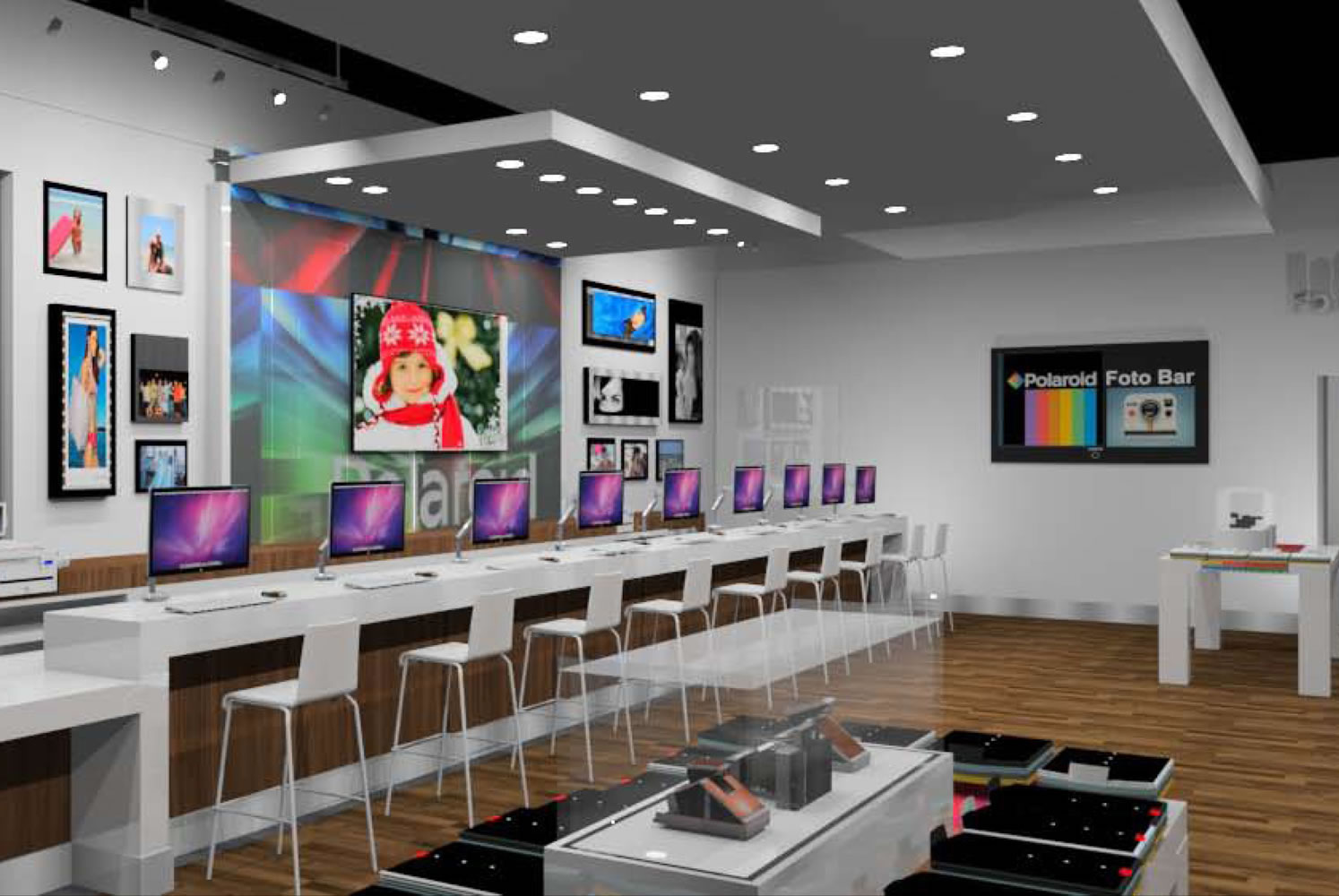It’s been a long fall for Polaroid, which slept on the digital-photography revolution, went bankrupt, was resurrected, and went bankrupt again. In recent years, it has tried to reinvent itself with a succession of generally awkward new products, such as a “smart camera” that doubles as an Android phone.
But last week the company announced a new idea so simple and natural that it just might work. Partnering with a startup called Fotobar, it plans to open a chain of retail stores where customers can come in and print out their favorite pictures from their mobile phones. The first is scheduled to open in February in Delray Beach, Fla., and the goal is to open 10 locations across the country before the year is out.
The idea has obvious appeal in an era when most of our best pictures live only on the screen. Of course there are other options for printing out hard copies, including Walgreens. But Fotobar is aiming higher, with dedicated retail outlets that sport an Apple Store-like layout and well-trained employees to help customers through the editing process. Customers will upload their image wirelessly from their smartphone to a bar-top workstation, customize it to their liking, and then print it out on anything from canvas to metal to bamboo – or even old-school Polaroid stock, complete with the iconic border.
The basic Polaroid-style printouts will start at about $15 and be ready at the store within five to 10 minutes, Fotobar founder and CEO Warren Struhl told me. Prints on more exotic materials, or with framing and matting, will ship from a manufacturing facility within three days. At the extreme high end, Struhl said he has already had one customer order a print of a vacation photo of his family descending a mountain in Israel on super-thick, five-by-seven-foot acrylic Lucite. “They’ll be hanging this in a multimillion-dollar home,” he said.



